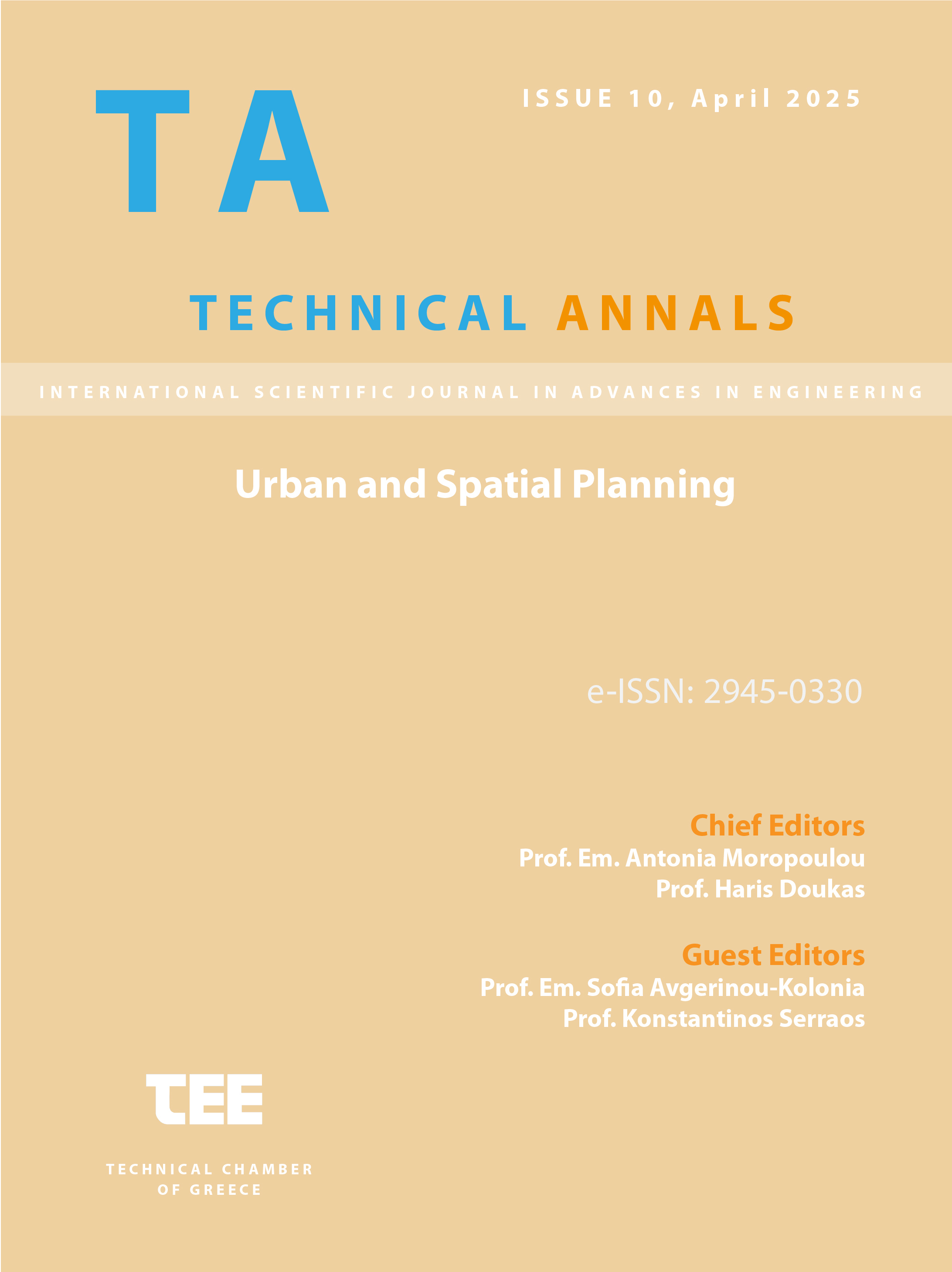Synergies between spatial and development planning in Greece. The case of industry

Abstract
This study examines the interplay between spatial and development planning systems, emphasizing its critical role in shaping spatial development and implementing policy objectives. The interaction between these systems significantly impacts planning effectiveness, with optimal integration being a key concern of the European Union's development strategy. Greece encounters persistent challenges in linking these systems, which hinders sustainable development opportunities and the advancement of critical sectors like industry, resulting in multifaceted side-effects. This paper seeks to uncover synergies and propose solutions to enhance integration, using the sector of industry as a case study to illustrate the consequences of insufficient integration. It employs an approach that analyzes these matters at all tiers of spatial and developmental planning, ranging from the national to the local level. Stronger cooperation between planning authorities, better alignment of industrial investment initiatives with spatial policies, effective decentralization to redistribute industrial activity, and the promotion of organized industrial zones constitute some policy recommendations aimed at addressing weak synergy, inconsistency, and insufficient coordination of development options with spatial arrangements.
Article Details
- How to Cite
-
Voulgaris, A., Tasopoulou, A., Kallioras, D., & Asprogerakas, E. (2025). Synergies between spatial and development planning in Greece. The case of industry. Technical Annals, 1(10). https://doi.org/10.12681/ta.40900
- Section
- Spatial Planning

This work is licensed under a Creative Commons Attribution-NonCommercial-ShareAlike 4.0 International License.


